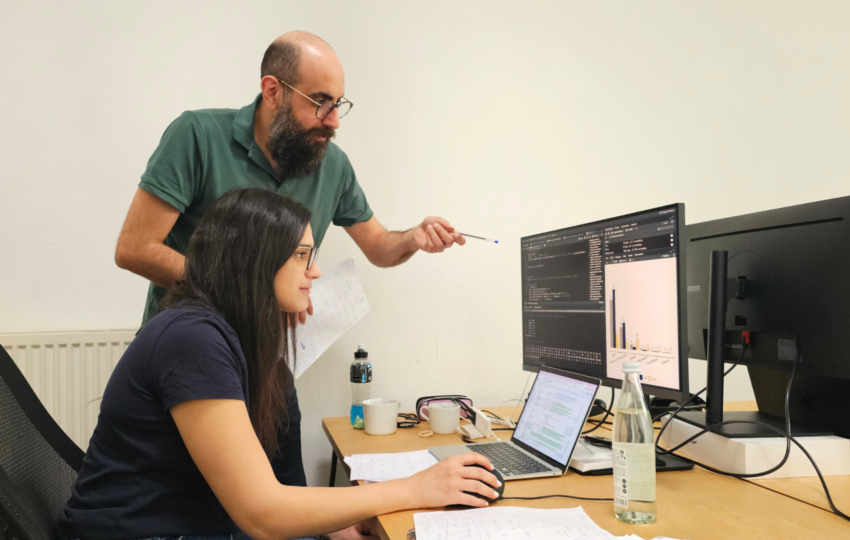Background
WFP Lebanon provides food assistance to tens of thousands of Lebanese households to mitigate the impact of the protracted economic crisis that hit the country in recent years. The WFP country office is conducting a re-targeting and prioritisation exercise of its food assistance program in 2024, and are keen to understand which targeting approaches are most effective in identifying the most vulnerable households. Against this backdrop, WFP’s Office of Evaluation (OEV) and ISDC are jointly conducting an impact evaluation of this re-targeting approach. This evaluation is part of OEV’s work stream on using impact evaluations to optimise humanitarian interventions, supported by USAID’s Bureau of Humanitarian Assistance (BHA).
Objectives
The primary aim of this impact evaluation is to identify, quantify, and rigorously assess different targeting approaches. We apply an experimental design, to ensure that the groups are perfectly comparable at the onset of the study. This provides an opportunity to causally test the impact of WFP’s assistance itself, by defining comparable groups of beneficiaries and non-beneficiaries across the different targeting approaches. The evaluation will study the dynamics of the impact of assistance over time, through multiple rounds of data collection. Finally, the study will take advantage of the staggered fading out of assistance (in two phases) for households that are not selected for continued assistance, to study how households prepare and respond for the end of assistance.
Project Details
- Project Year/s: 2024 · 2025
- Donors: World Food Programme
- Region/s: Middle East & North Africa
- Theme/s: Impact Evaluation · Individual Decision-making · Micro-Data Collection · Shocks & Livelihoods
- Research Topic/s: Employment · Food Security & Nutrition · Poverty & Inequality · Social Cohesion · Trust and Prosocial Behaviour








